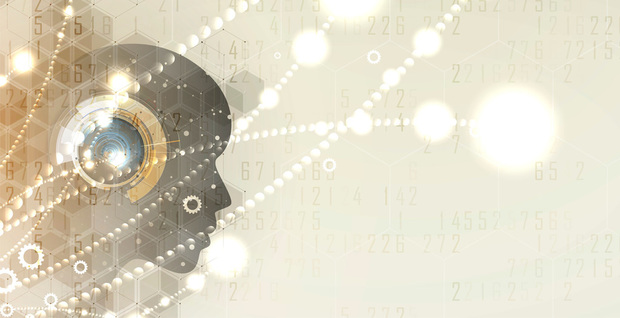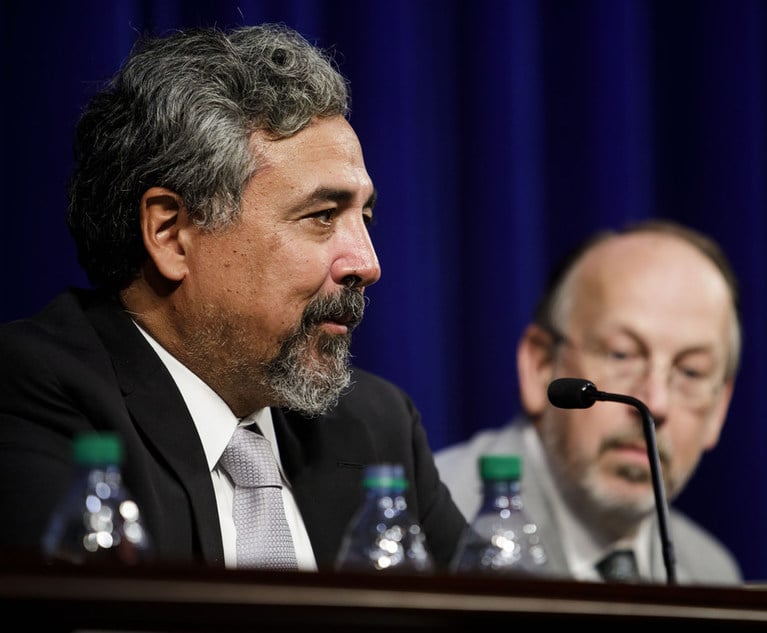 Do witnesses against an accused have to be human? Reading this in 2019, most would think this a ridiculous question and assume that implicit in the category of “witness” is an assumption of human-ness, of “personhood.” What we seek from witnesses is truthful information: What did they see, hear, touch, smell; an ideal witness is one with an acute set of senses, an impeccable memory, one not prone to exaggeration and lacking a personal agenda.
Do witnesses against an accused have to be human? Reading this in 2019, most would think this a ridiculous question and assume that implicit in the category of “witness” is an assumption of human-ness, of “personhood.” What we seek from witnesses is truthful information: What did they see, hear, touch, smell; an ideal witness is one with an acute set of senses, an impeccable memory, one not prone to exaggeration and lacking a personal agenda.
But where is it written that witnesses must be human? And what does it mean, anyhow? Are humans really better positioned than machines endowed with advanced AI capabilities to be truth-tellers? Can’t we all agree that humans are more likely to forget or misremember details than digital memory or tailor testimony to avoid a harsh truth—in short, to lie?






